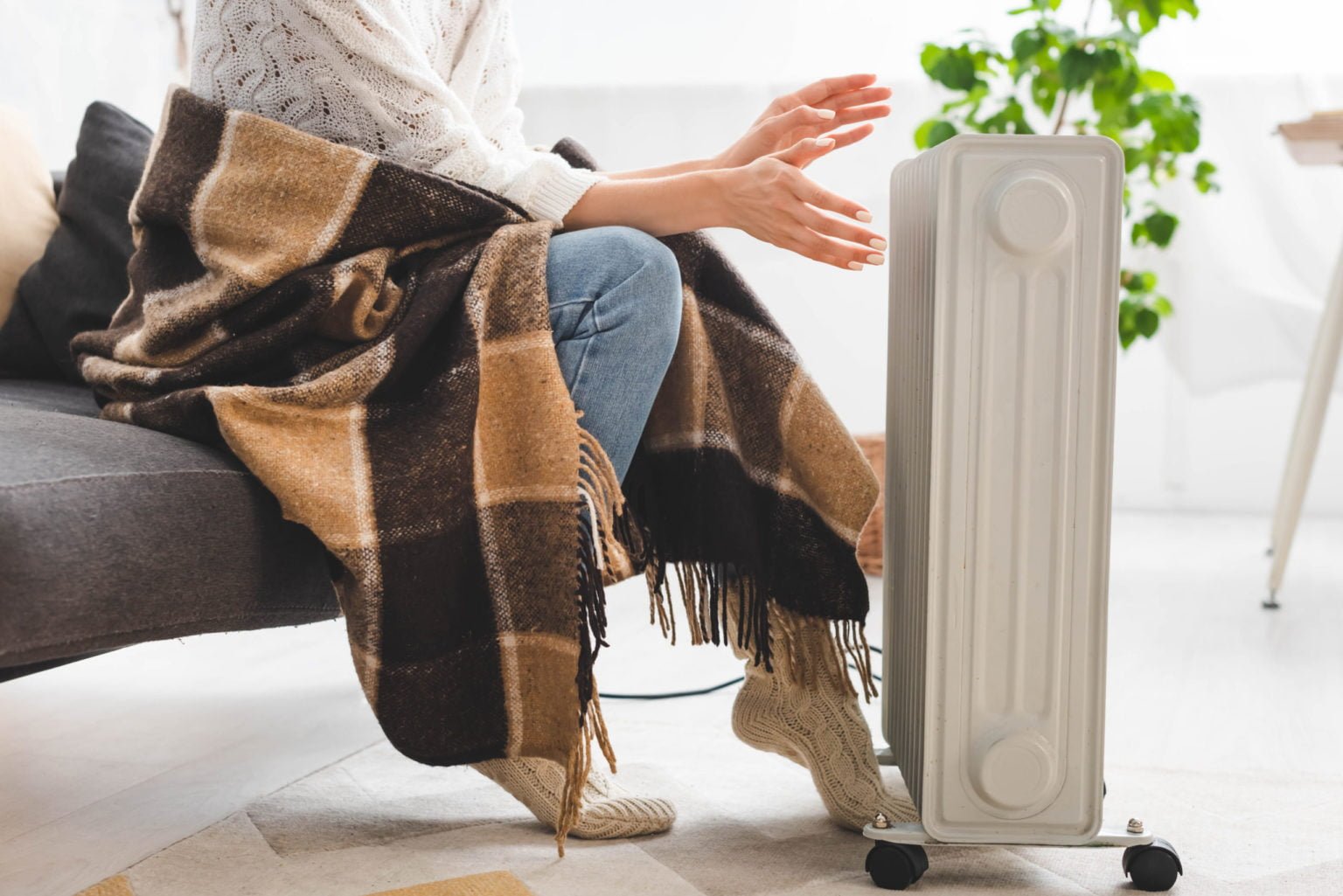A heater is an integral part of any home in the winter. Heating your home is necessary to keep you warm and toasty during the cold months. There are several types of heaters that can be used in your home, and each has its own advantages and drawbacks. It can be difficult for homeowners, especially first-time homeowners, to know the differences between these heaters and figure out which one is right for them. Fortunately, there are plenty of resources available to assist you in making the right decision, you just need to know where to look for them. If you want to learn more, read on to find out about common types of heaters and which is best for your home.
What are some common types of heaters and what is best for your home?

When you start your search for heaters for winter, the first thing you should research is which different types of heaters are out there. The most common heaters used in homes include radiant heaters, electric heaters, non-electric heaters, natural gas heaters, and kerosene heaters. All of these heaters can be used in specific situations, but let’s discuss the details of some of the most widely used heaters. Electric models are generally the most common in the United States, as they offer top-tier efficiency and affordability, but there are other options to consider.
Radiant heating is hardly a new concept, but it is still fairly new to those of us here in the U.S., as you will see it is used much more overseas in countries like South Korea. Still, radiant heating is becoming more popular and could even be considered a trend in home design. Radiant heating involves heating an object, like the floor, rather than the air inside the space, which can provide a consistent temperature indoors without requiring a unit that takes up space. They can be useful in garages and storage rooms as well.
You should avoid using kerosene or natural gas heaters inside your home, though they may be a good idea for outdoors. They can reduce your indoor air quality and produce carbon monoxide, which can be harmful to your health. If you’re still unsure what type of heater to use, talk to a contractor and ask for their advice.
How else can you stay warm at home this winter?

Having a functional and high-quality heater is undoubtedly the most effective way to stay warm, but there are other steps you should take too. For example, if you’re experiencing inconsistent temperatures at home, you may need to update your insulation. Insulation keeps the warm air inside your home where it belongs, and it helps to prevent cold drafts from entering your home. If your home is not properly insulated, you will likely find that your heating bills are much higher than they need to be. Talk to a professional to see what insulation would be suitable for your property.
The condition of your home affects your indoor temperature too. Cracks and crevices in your windows and doors can let in chilly outdoor air, moisture, and even pests. This creates safety concerns inside your home and it can elevate the cost of your utility bills since your HVAC system will have to work harder to maintain your desired temperature. These flaws should be addressed immediately and it is simple to repair them by using caulk or weatherstripping. If you notice severe damage, you may need to talk to a contractor about replacing the windows entirely.
As you can see, there are many types of heaters available on the market. The type of heater you choose should be based on your specific needs and the climate in which you live. Electric heaters and radiant heaters are the best options for inside your home, while alternatives like natural gas or kerosene heaters may be better suited for your exterior. A contractor can walk you through the pros and cons so you can make an informed decision. You should also update your insulation and check the condition of your windows before the cold weather arrives. Follow these tips and you’ll be comfortable no matter what the temperature is outside.






